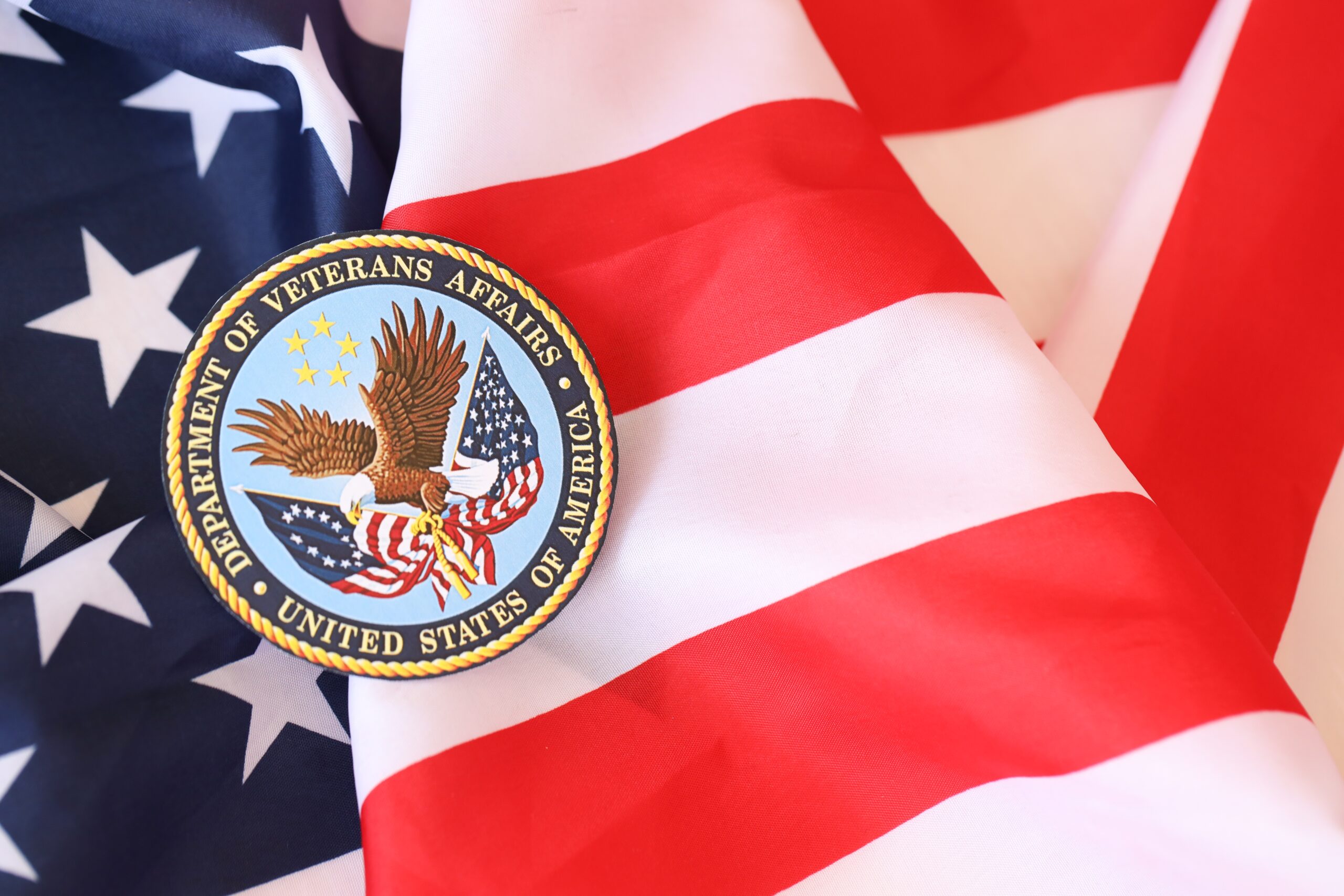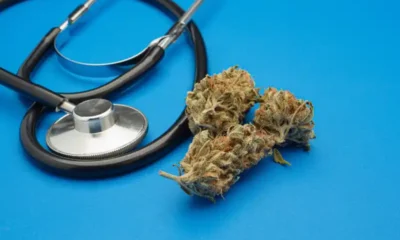Connect with us
Published
4 weeks agoon

While research is still catching up from the decades lost to the War on Drugs, the information currently available suggests time after time that cannabis and psychedelic compounds like psilocybin, found in “magic” mushrooms, may offer unique benefits for the treatment of specific mental health conditions, like post-traumatic stress disorder (PTSD).
With that, veterans are regularly part of the conversations surrounding cannabis and psychedelic reform as populations that disproportionately grapple with PTSD and other trauma-related symptoms. Veterans Affairs Canada works to reimburse veterans for medicinal cannabis costs, and while cannabis is federally legal across Canada, American veterans do not enjoy these same benefits when it comes to cannabis and psychedelic access.
It doesn’t appear that this is going to change any time immediately, but legislators are steadily making moves that could potentially pave the way for better veteran access to beneficial plant medicines.
A recent effort includes two GOP-led measures focusing on changes to the U.S. Department of Veteran Affairs (VA) in regard to cannabis and psychedelics, though the VA has pushed back on both. Namely, VA said it would support the cannabis legislation if it undergoes “extensive amendments” while opposing the psychedelics measure and deeming it “unnecessary,” Marijuana Moment reports.
So what exactly are these bills aiming to do?
One bill, titled the Veterans Cannabis Analysis, Research, and Effectiveness (CARE) Act, would require VA to “conduct and support research relating to the efficacy and safety of forms of cannabis” used to treat chronic pain, PTSD and other conditions deemed appropriate by the secretary.
The bill’s sponsor, Rep. Mariannette Miller-Meeks (R-IA), pointed to the years of firsthand anecdotal accounts from veterans who have seen PTSD and pain relief through medical cannabis.
“It’s important not to let stigmas interfere with the health care treatment veterans are receiving if this therapy is proven to be safe, effective and improves veterans quality of life,” Miller-Meeks said at a March hearing to the House Veterans’ Affairs Health Subcommittee. “I’m proud to introduce this bill so that we can gain insight into new therapies that could help those who need it most.”
The legislation would ensure that VA includes at least three varieties of cannabis plants and extracts with different concentrations of THC and CBD and various methods of delivery. VA would also need to submit a research plan to House and Senate Veterans’ Affair Committees and make any requests to support the studies, along with sending annual reports on its progress to the panels over a five-year period.
VA’s Ajit Pai said that the department supports the bill while citing a number of concerns.
Pai said that the bill is “too prescriptive in its design,” nodding to the study requirements of whole-plant cannabis with THC concentrations that have “undetermined therapeutic benefit or harmful effects.”
Among other suggestions, VA recommended inter-agency coordination to develop a plan for research, a feasibility analysis for proposed patient registries and authorization to conduct additional clinical trials.
“VA would be happy to provide specific amendments to the bill text and to discuss our recommendations further with the Committee,” Pai said.
Nodding to the assertion that the legislation is over-prescriptive, Miller-Meeks said that it was actually crafted to ensure flexibility.
She also asked for further clarification on VA’s recommendation surrounding inter-agency coordination, to which another VA official, Wendy Tenhula, said that VA would like to work with other federal agencies to develop a plan for observational studies to understand cannabis use among veterans, including those who do not seek care within the VA Health Care System, and broader populations.
Tenhula said that working with other federal agencies will allow for “more unbiased data collection” and could help to advise VA direction for clinical trials.
Another bill, HR 7347, discussed during the same March 21 hearing and sponsored by Rep. Derrick Van Orden (R-WI), would instruct VA to report to Congress should any psychedelic medicines be added to its formulary within 180 days of federal approval by the Food and Drug Administration (FDA).
The FDA has yet to approve any psychedelic drugs for prescription, though it’s possible this will soon change. Still, VA said in a testimony that it is opposed to the proposal because the department deemed it “unnecessary.” Specifically, it cited the processes currently in place in regard to decision making on inclusion or exclusion of new drugs and that the bill would “include additional administrative burden” without increasing transparency or accountability.
“We are also concerned about the precedent this could set; further reporting would only delay actions that would improve Veterans’ access to new drugs and treatments,” it said. “VA makes decisions regarding which drugs to include in the formulary in consideration of the best clinical outcomes of Veterans; if the FDA approves any psychedelic drugs, VA will review these drugs using the same process as any other drug or medication.”


Carmelo Anthony Launches Cannabis Brand


Santa Barbara County Approves Study To Address Ongoing Cannabis Odor


Kansas Medical Cannabis Proposal Dead for 2024


Psychedelic Research Proves Rather Tricky for the FDA


Psychedelic Drug Market Poised to Hit $4.6B by 2030


Chronic Pot Use Has Minimal Effect on Motivation, Study Shows
